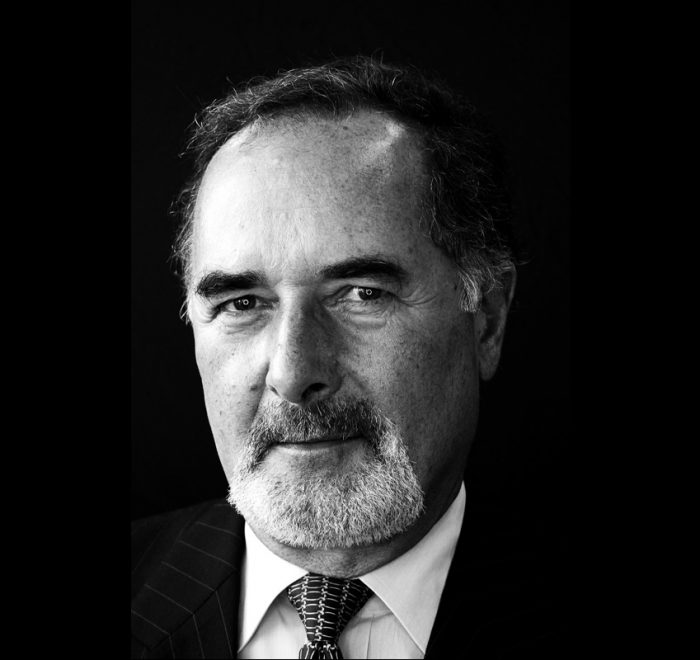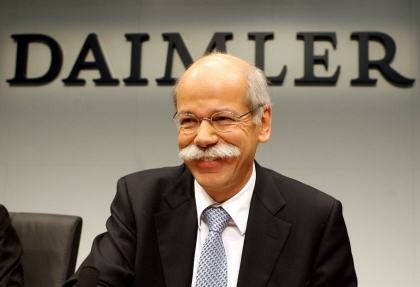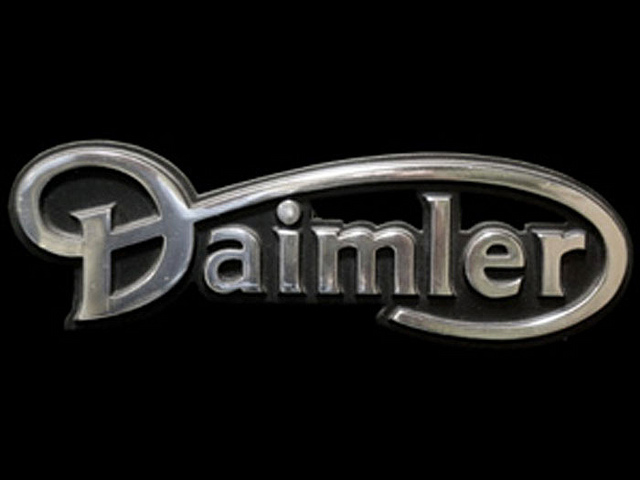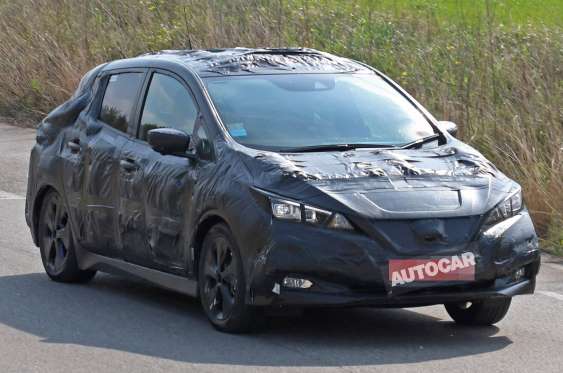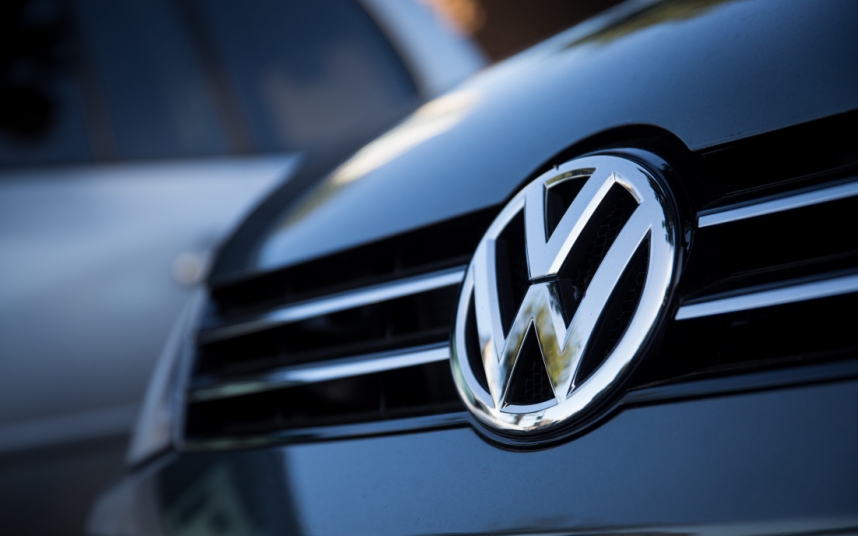Now Reading: Mercedes-Benz to provide 10 new electric vehicles by 2022
-
01
Mercedes-Benz to provide 10 new electric vehicles by 2022
Mercedes-Benz to provide 10 new electric vehicles by 2022
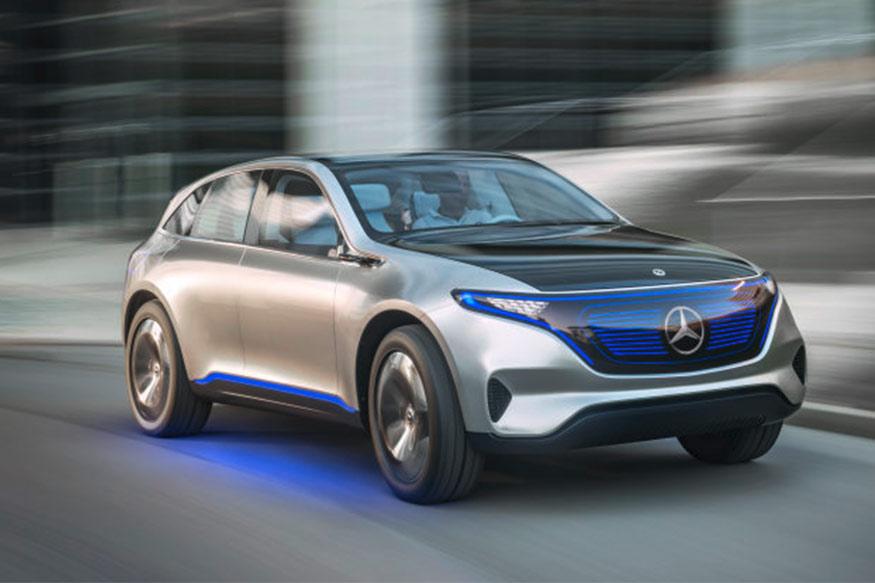
In 2016, Mercedes-Benz revealed its Generation EQ to sneak peek the brand-new electric car that it aims to bring to market by 2020. It was the first showing in a bigger plan to produce an electric “EQ” sub-brand and bring 10 brand-new EVs to its lineup by 2025. Obviously that wasn’t ambitious enough, as now the German automaker will have such EVs market-ready by 2022.
When you take a look at current events, however, it’s possibly less surprising that Mercedes would wish to work to ease some of the pressure from its share of the extreme examination automakers are facing concerning emissions. The Volkswagen scandal is apparently relentless, and Renault, FCA, and even Mercedes are facing their own diesel investigations. Integrated with a downturn in Daimler’s fleetwide CO2 emissions decreases for 2016 (Daimler can thank consumers’ cravings for bigger vehicles), the timing appears ideal to make a push towards electrification.
In the bigger trend among car manufacturers who are going for cleaner technologies and welcoming a focus on mobility, Daimler wishes to become a leader, as per Chairman Manfred Bischoff. “With a far-reaching improvement, we wish to shape the profound change of the automobile market, which is primarily being driven by digitization, from the forefront,” he states.
This helps take some heat off those still dealing with conventional combustion. “Amongst development groups, specifically in diesel, there are signs there’s less to do as electrification is beginning to have an impact,” states Daimler supervisory board member Roman Zitzelsberger. Whether it’s a reaction to emissions concerns or a real desire to obtain cleaner, more technologically advanced vehicles in the hands of customers, Mercedes is on board, and those new offerings will be here earlier rather than later.
Stay Informed With the Latest & Most Important News
Previous Post
Next Post
-
 01Polestar Boss Says It’s Time To Outrun BMW M And Mercedes-AMG
01Polestar Boss Says It’s Time To Outrun BMW M And Mercedes-AMG -
 02Spy Shots: 2027 Mitsubishi Pajero Spotted in Testing Ahead of Possible U.S. Return
02Spy Shots: 2027 Mitsubishi Pajero Spotted in Testing Ahead of Possible U.S. Return -
 032026 Toyota Hilux EV: A Powerful Truck with Silent Torque
032026 Toyota Hilux EV: A Powerful Truck with Silent Torque -
 04Spy Photos: VW ID. Polo GTI Goes Electric with 223 HP and 280 Miles of Range
04Spy Photos: VW ID. Polo GTI Goes Electric with 223 HP and 280 Miles of Range -
![2027 Mercedes-Benz S-Class Debuts with V8 Engine [Photo Gallery]](https://speedlux.com/wp-content/uploads/2026/01/2027-Mercedes-Benz-S-Class-33-155x125.jpg) 052027 Mercedes-Benz S-Class Debuts with V8 Engine [Photo Gallery]
052027 Mercedes-Benz S-Class Debuts with V8 Engine [Photo Gallery] -
 06The Controversial Ford Voodoo V8 That Was Killed Off Too Early
06The Controversial Ford Voodoo V8 That Was Killed Off Too Early -
 07Hyundai Palisade’s Breakout Year Shows How Quickly the Market Can Turn
07Hyundai Palisade’s Breakout Year Shows How Quickly the Market Can Turn


![2027 Mercedes-Benz S-Class Debuts with V8 Engine [Photo Gallery]](https://speedlux.com/wp-content/uploads/2026/01/2027-Mercedes-Benz-S-Class-33-700x394.jpg)






































